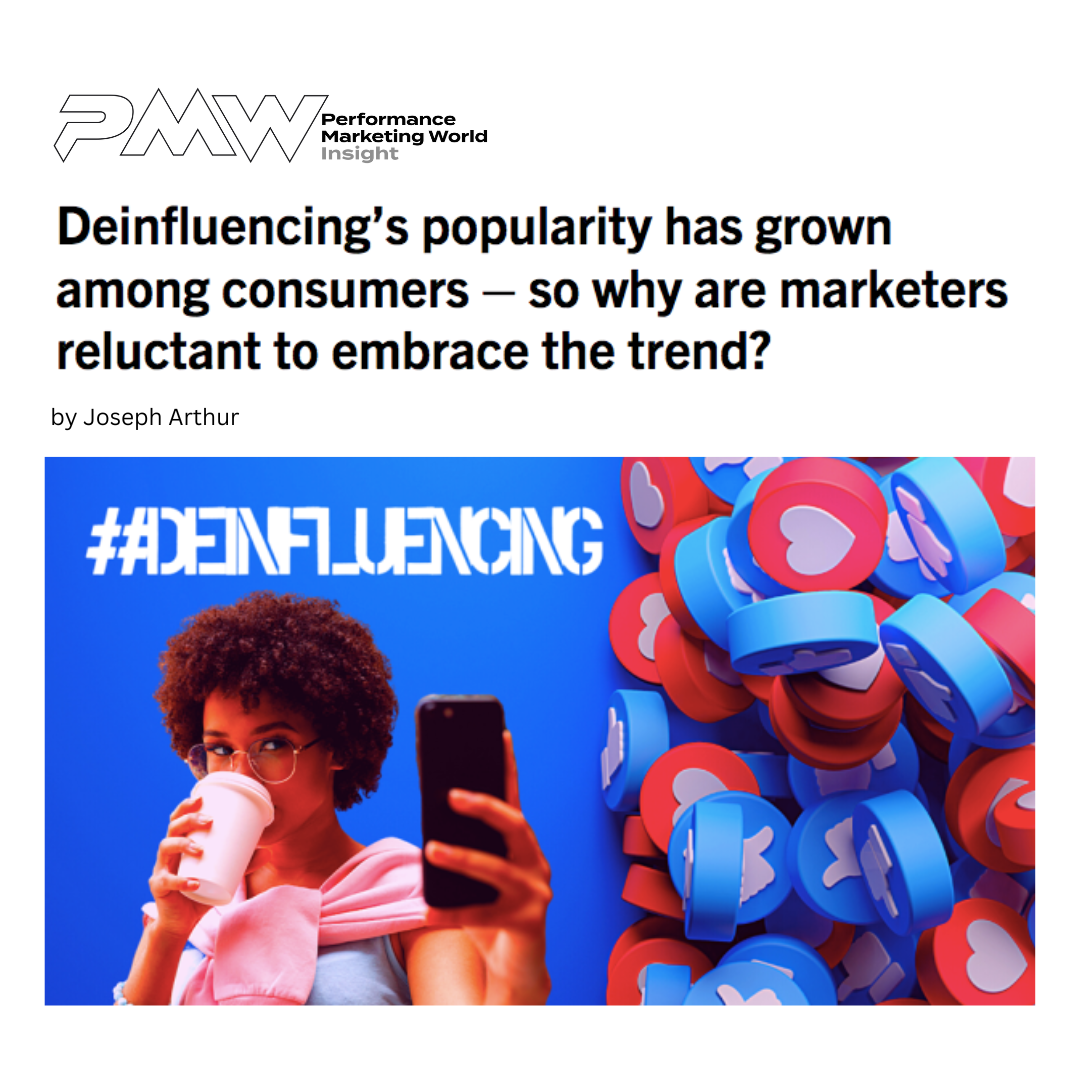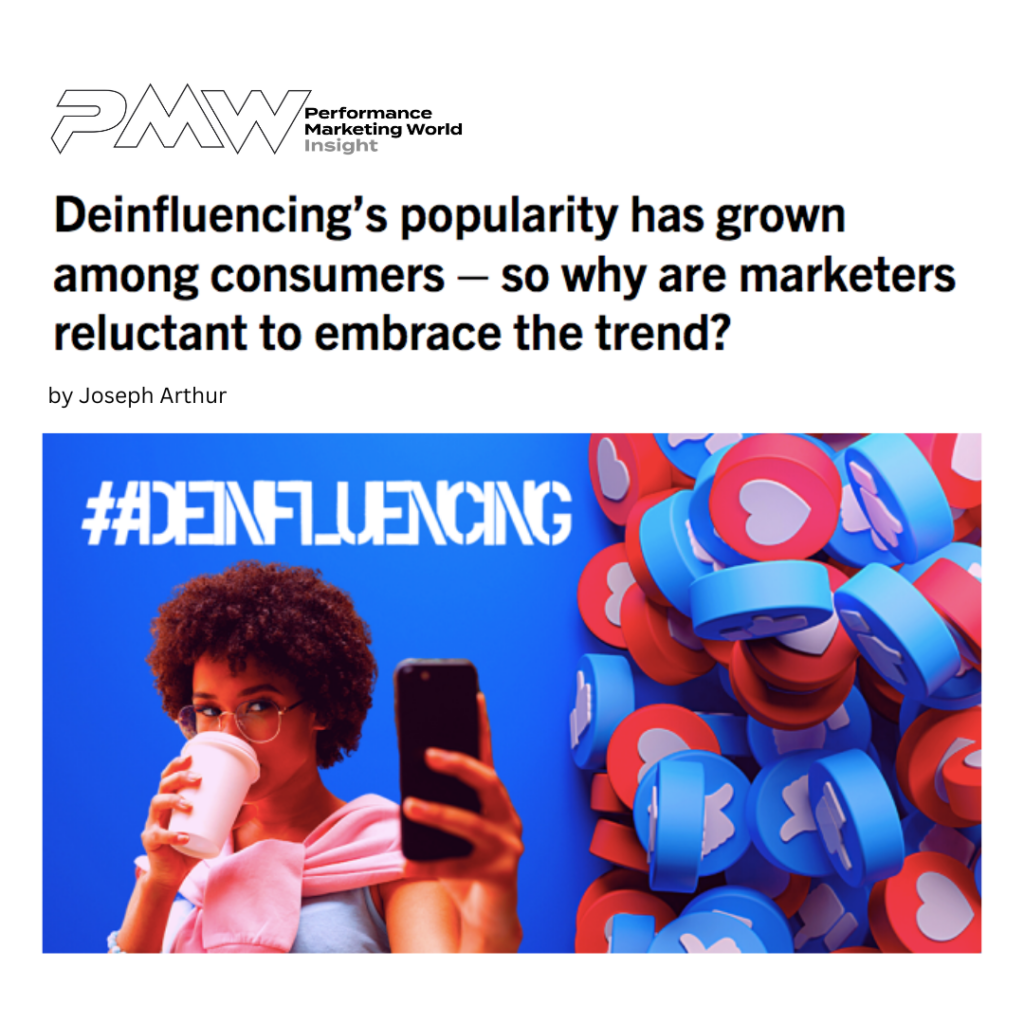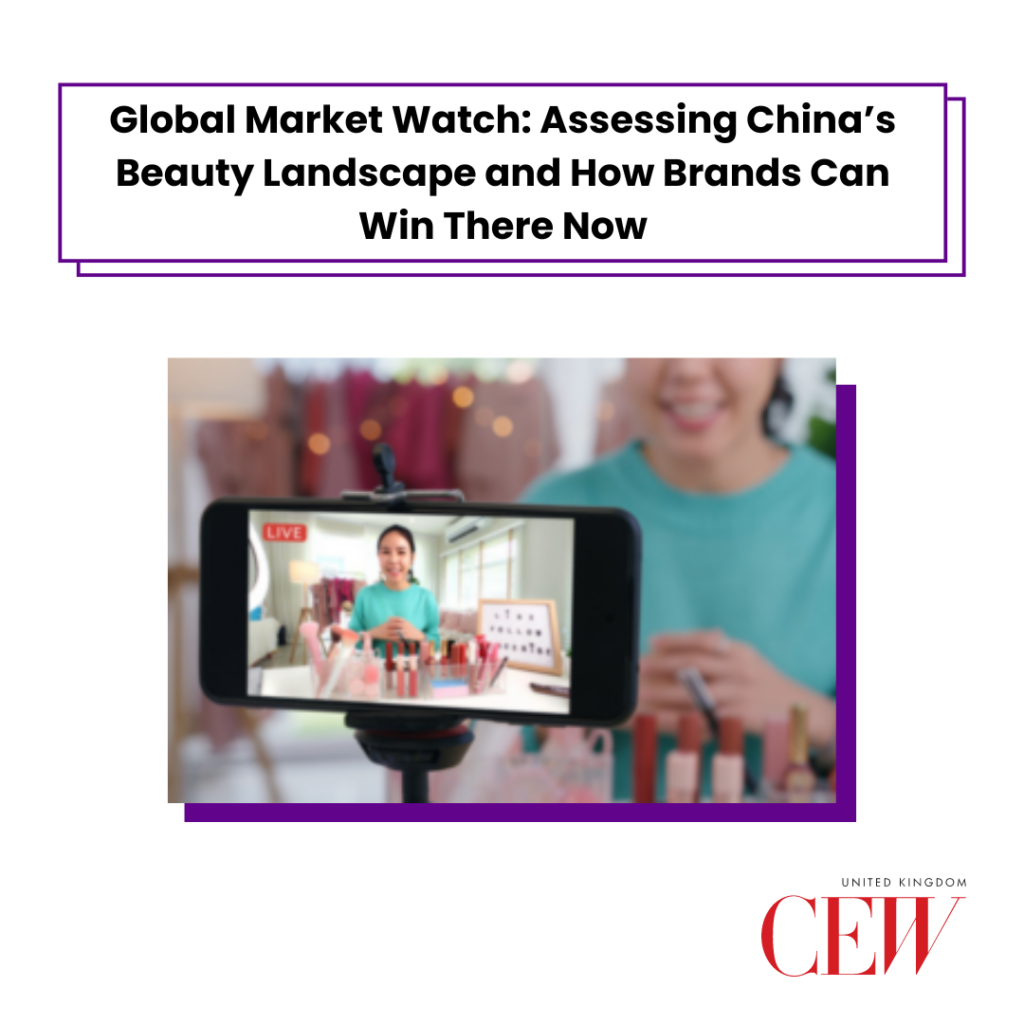
WeArisma CEO in PMW on the De-Influencing trend

De-influencing is a new social media trend, which sees some influencers discouraging their communities from buying certain products. What are the implications for brands? How can they decrease the chances of de-influencing backlash?
WeArisma CEO, Jenny Tsai on the de-influencing trend:
“With so many social platforms and so much content to view, we naturally look to consume from and connect with people that are relatable, with whom we share a feeling, like-minded experiences, or an ideal. What marketers should be careful about is to not conflate relatability with true authenticity.”
“While consumers may want to see more vulnerable and authentic content, the trends of de- influencing and calling-out behaviour of influencers believed to be inconsistent with their personal brands shows that consumers still want these influential sources to live up to their personas. Macro trends such as the cost-of-living crisis and the climate emergency are also fuelling the rise of ‘de-influencers’, encouraging more responsible buying amongst consumers and holding brands to account.”
“This makes it critical for marketers to select the right partnerships that will not only achieve the desired results but also decrease the chances of de-influencing backlash. They can do this by using data analytics to capture and measure more sophisticated metrics such as influencer risk when it comes to identification, and as a result, ensure collaborations are brand aligned and brand safe – and that their budgets are spent effectively.”
Read the full article here.


